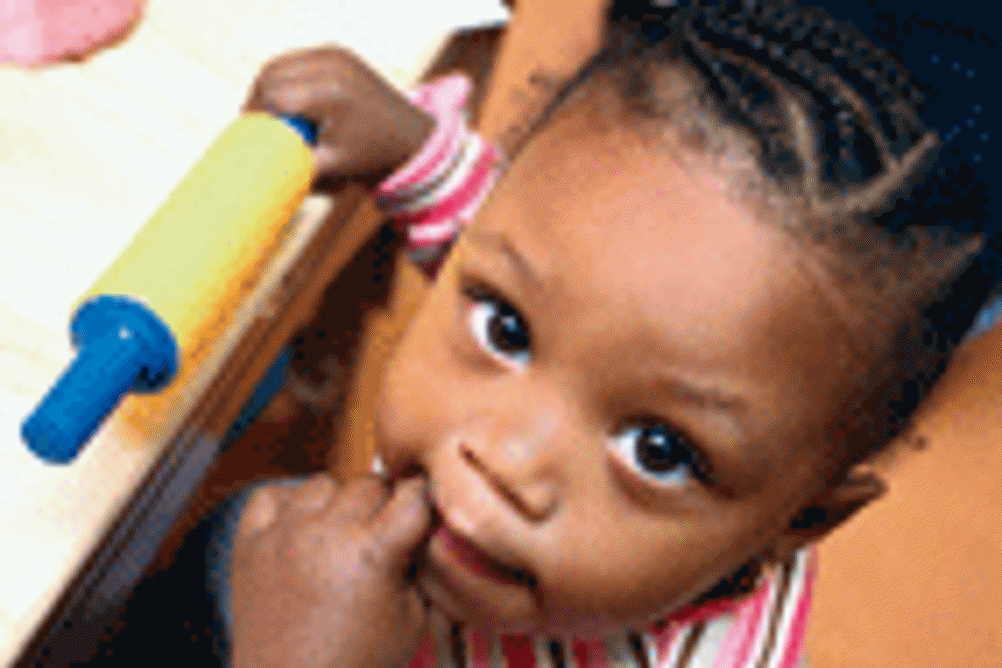
Your job really matters. The work you do in a nursery is extremely important because better care means better development for children, especially for babies and toddlers.
The quality of the care that they receive matters more to children than anything else about nursery, even more than the age they are when they begin or the number of hours a week they spend there.
And although 'high-quality care' is made up of lots of different elements, the most important - the one that underpins all the rest - is you, the care provider, and the relationship between you and the child. So never doubt that you matter to each and every one of the children you care for.
Register now to continue reading
Thank you for visiting Nursery World and making use of our archive of more than 35,000 expert features, subject guides, case studies and policy updates. Why not register today and enjoy the following great benefits:
What's included
-
Free access to 4 subscriber-only articles per month
-
Unlimited access to news and opinion
-
Email newsletter providing activity ideas, best practice and breaking news
Already have an account? Sign in here
